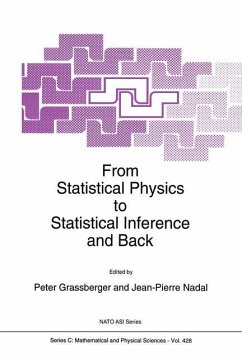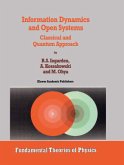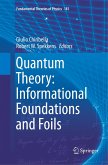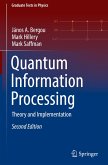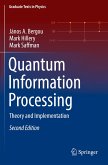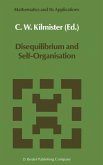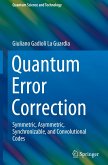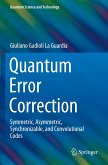Physicists, when modelling physical systems with a large number of degrees of freedom, and statisticians, when performing data analysis, have developed their own concepts and methods for making the `best' inference. But are these methods equivalent, or not? What is the state of the art in making inferences? The physicists want answers. More: neural computation demands a clearer understanding of how neural systems make inferences; the theory of chaotic nonlinear systems as applied to time series analysis could profit from the experience already booked by the statisticians; and finally, there is a long-standing conjecture that some of the puzzles of quantum mechanics are due to our incomplete understanding of how we make inferences. Matter enough to stimulate the writing of such a book as the present one.
But other considerations also arise, such as the maximum entropy method and Bayesian inference, information theory and the minimum description length. Finally, it is pointed out that an understanding of human inference may require input from psychologists. This lively debate, which is of acute current interest, is well summarized in the present work.
Hinweis: Dieser Artikel kann nur an eine deutsche Lieferadresse ausgeliefert werden.
But other considerations also arise, such as the maximum entropy method and Bayesian inference, information theory and the minimum description length. Finally, it is pointed out that an understanding of human inference may require input from psychologists. This lively debate, which is of acute current interest, is well summarized in the present work.
Hinweis: Dieser Artikel kann nur an eine deutsche Lieferadresse ausgeliefert werden.

